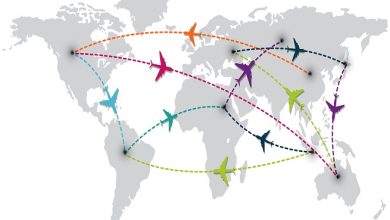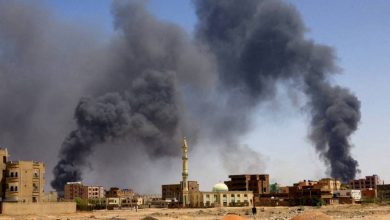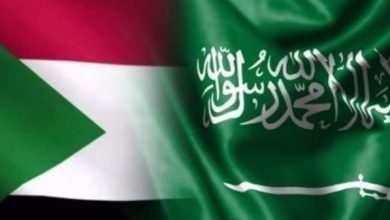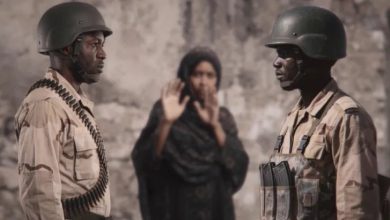Hosted by Addis Ababa; The “Taqaddum” Conference… between Boycotting by its Components and Reservations about its Funding
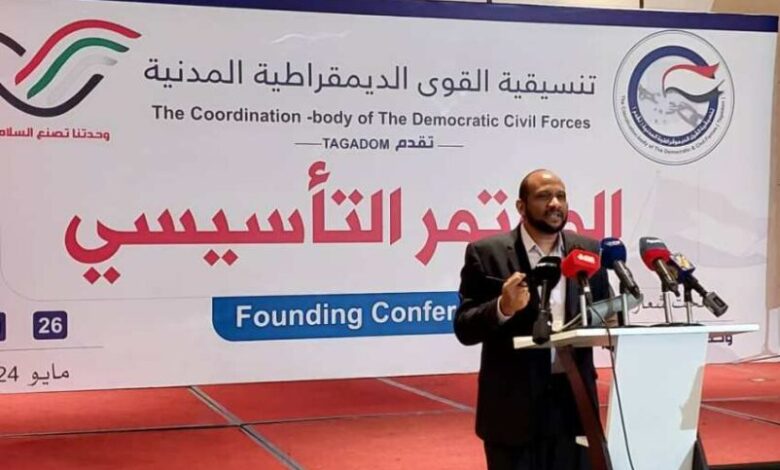
Hosted by Addis Ababa
The “Taqaddum” Conference… between Boycotting by its Components and Reservations about its Funding
National Forces Coordination: Any programs held outside the framework of the state and the Sudanese people are invalid and suspicious
Popular Congress: Hamdok is funded by the Emirates and eats and drinks from (Taqaddum)
The Umma: (Taqaddum) is witnessing a state of fragmentation and disagreements among its components
The founding conference of the Democratic Civil Forces Coordination (Taqaddum) was launched in the Ethiopian capital, Addis Ababa, on Sunday, amid a boycott by prominent components of the coalition and silence about the source of funding for the conference, which brings with the participation of more than 600 Sudanese men and women coming from 30 countries of the world. The conference is preceded by two special meetings, the first (for women). Their number reached more than 180 women participating, and the second youth meeting will be attended by about (200) young men. The source of funding for the conference represents the biggest question mark on the minds of many.
Sudan Events – Aya Ibrahim
Reticent about financing
Member of the preparatory committee for the founding conference of the Taqadum Coordination, Khaled Omar Youssef, has revealed that the founding conference of the Democratic Civil Forces Coordination (Taqaddum), which was launched on Sunday at the Skylight Hotel in the Ethiopian capital, Addis Ababa, will involve more than 600 Sudanese men and women coming from 30 countries of the world. According to Radio Dabanga, Youssef did not reveal the cost of the conference and the sources of funding for flight tickets, hotels, and meals for hundreds of participants.
Sharp disagreements
The founding conference of (Taqadum) was preceded by sharp differences within the coalition that came to the surface following the apology of its most prominent components, represented by the National Umma Party and the original Baath Party, from participating in the conference. The Baath justified its apology for participating because it is not part of (Taqadum), and stressed that it will continue the effort, which it initiated to form the broadest national will within the framework of the Broad Popular Front for Democracy and Change. In addition, the Presidential Council of the National Umma Party announced the party’s rejection of the approach according to which the party’s representatives were chosen to participate in the founding conference of (Taqadum), which took place without the institution of the Presidency, the Coordination Council, and the party’s elected institutions. In the states, most invitations were sent to party cadres personally and in a selective manner.
Failed log
Rapporteur of the National Forces Coordination, Secretary-General of the Third Tamazuj Front, Dr. Mohammad Ismail Zero said that any programs held outside the framework of the state and without its permission and the permission of the Sudanese people are invalid and suspicious because their funding sources are from parties hostile to the Sudanese people or parties that sponsor the war, support the militia and represent its political back.
Zero confirmed to (Sudan Events) their total and detailed rejection of what (FFC) is doing in isolation from the Sudanese people and their internal political forces, and he said, “You must advance to know that the Sudanese people reject, and that any unilateral effort on its part is not in the interest of resolving the crisis,” and he continued, “Therefore, if they wanted to solve the crisis is by returning to the Sudanese people and apologizing to them, after which the Sudanese people have the choice to accept or reject.”
He pointed out that the intransigence of (FFC) is added to its record of failure since the outbreak of the war, indicating that it changed its skin several times and that did not add anything to it because the source of the problem is the rejection of the Sudanese people and its living forces and the rejection of the Sudanese Armed Forces and other regular agencies of what (FFC) is doing with its stubbornness. Between it and the militia, he said, “It must return to the Sudanese people in order to solve the crisis and not stand on the side of the enemies of the Sudanese people.”
Alternative alliance
The leadership office of the Civil Democratic Forces (Taqadum) was established last October in the capital, Addis Ababa, as an alternative alliance to the Forces of Freedom and Change, the “Central Council,” consisting of the National Umma Party, the original Arab Socialist Baath Party, the Sudanese Congress Party, the Federal Assembly, and the People’s Movement for Democratic Change – Arman wing, and the office is headed by former Prime Minister Abdullah Hamdouk, and the coalition faced widespread criticism from political leaders in the country under the pretext that it is a second version of the Forces of Freedom and Change(FFC) (Central Council)) that supports the Rapid Support militia, which caused the war in the country by signing the framework agreement.
Leadership reservation
Informed sources have previously revealed to Sudan Events that the disputes within the coalition revolve around many issues, most notably the reservations of some coordination leaders regarding Hamdouk’s leadership of the coalition and the leadership structure that exceeds the weight and leadership weight of the coalition’s political and popular components and the clash of the mediating cadres of the coalition parties with Hamdouk’s group known as the “Mazraa Group.” Which was described as dominating the decision and speaking on behalf of the coalition, bypassing the leaders of the revolutionary forces, in addition to financial disputes related to the issue of the lack of disclosure and transparency in obtaining coalition funding and its disbursements.
Western project
The leader of the Popular Congress Party, Dr. Ammar Al-Sajjad said that “Taqaddam” was born dead and is an industry for a Western project that has nothing to do with Sudan and that it is moving between countries, stressing that what it proposes is rejected.
In an interview with Sudan Events, Al-Sajjad called for not focusing on Taqaddam because there is no hope from it, as evidenced by the fact that the parties within it disagreed and split due to the dispute over it. He stressed that it is far from mature political work and that it is tweeting outside the general political flock.
Regarding its funding sources, he said that (Taqaddum) and the Rapid Support Militia are one project that is funded by the Emirates, and he added, “Hamdouk personally is funded by the Emirates, and he eats and drinks from (Taqaddum).”
Facing challenges
The remainder of the Taqaddam coalition, consisting of the Sudanese Congress, the Arman Movement, and the Babiker Faisal group, faces major challenges, the most important of which is the army’s refusal to communicate with it after Al-Burhan confirmed not to talk to any party before the end of the battle to resolve the rebellion, and Lieutenant General Ibrahim Jaber’s statement that the army will not be a party to any agreement with any political party. In addition, General Al-Atta confirmed that the next stage will be constitutive and without the participation of political parties.
Disagreements arise
The head of the political sector of the Umma Party, Fathi Hassan, confirmed that the Coordination of Democratic Civil Forces (Taqaddum) is witnessing a state of fragmentation, disagreements and disparities among its components.
Hassan pointed out in an interview with Sudan Events that Taqaddum’s disagreements emerged through Abdullah Hamdouk’s signing of the Nairobi Declaration in his personal capacity as a former prime minister and in his capacity as head of the Coordination of Civil Democratic Forces (Taqaddum).
Splitting wave
Taqaddum, which emerged a wave of divisions within it a few months after its formation as a result of the intense competition between its movements for control and leadership, faces on the political level a civil-military front that resists its exclusionary approach and rejects its dominance of the transitional scene. It includes more than forty parties and armed movements that have signed the peace agreement as well. On the failure of the coalition to make any breakthrough by restoring the original Baath Party, which had frozen its activity early in FFC or attracting the Al-Hilu and Abdul Wahid movements and the Forces for Radical Change coalition led by the Communist Party and the resistance committees.
